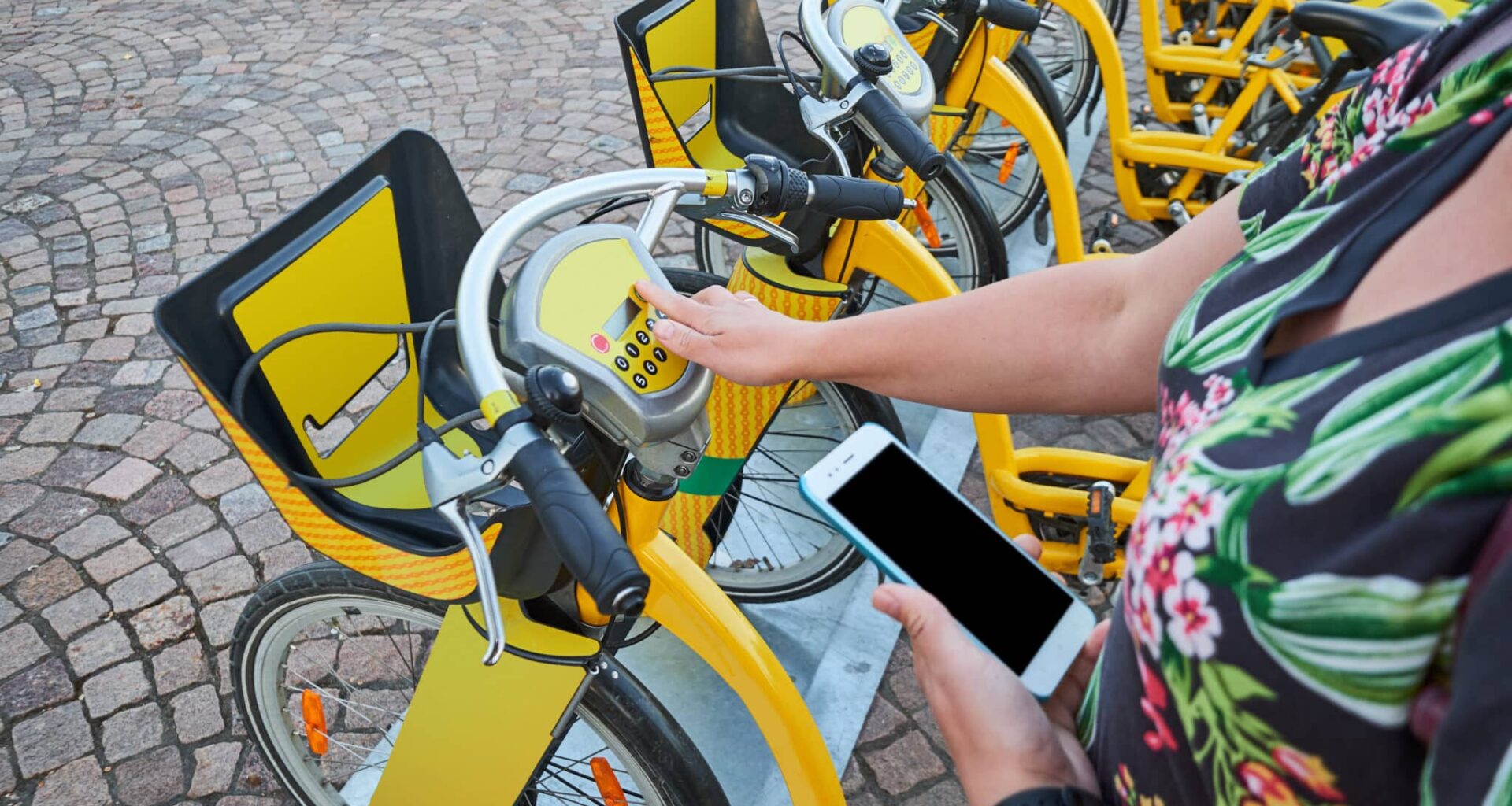Finland has revealed more details about its upcoming national digital identity wallet, scheduled to be released by the end of 2026.
The Scandinavian country is planning to publish an electronic ID function within the digital wallet at the same time. The eID will be released by the National Police Board as an official document that allows users to verify their identity or age without sharing too much information.
The wallet will also offer a mobile driving license (mDL) issued by the Finnish Transport and Communications Agency (Traficom). The mDL is pending the adoption of the EU Driving Licence Directive.
Work on the digital ID wallet app was kicked off in April 2024 by the Finnish Digital and Population Data Services Agency (DVV) in line with specifications of the European Digital Identity (EUDI) Wallet.
“The app will not replace physical documents but will act parallel with them free of charge and voluntarily,” says Anssi Ahlberg, DVV’s chief specialist.
Finland ranks ninth on the United Nations E-Government Survey, which assesses countries based on their government services and online infrastructure. The survey, released in 2024, named Denmark, Estonia, Singapore and South Korea as leading digital governments across the world.
What makes Denmark’s digital government so great?
The Danish Agency for Digital Government has recently explained why the country consistently scores high on global rankings for digital government development.
For digital government initiatives to succeed, they need a foundation of citizen trust. Finland’s high-trust society has been a huge asset for the country’s success, but the trust needs to be maintained through deliberate actions, according to Adam Lebech, the agency’s deputy director-general.
“To create a great digital government, you need to be able to use data across the government. Sharing and handling this data requires a lot of trust from citizens,” Lebech told public sector news outlet GovInsider.
Denmark introduced a single national identifier (CPR) for all government services more than 50 years ago, which was later linked to MitID, a digital identity integrated across both the public and private sectors. The system was developed by Danish payments company Nets and became functional in October 2023.
The Danish Agency for Digital Government is currently developing a digital ID wallet app, implemented in three phases. The first version is set to be launched in early 2026, offering essential services such as age verification.
According to Lebech, Europe, including Denmark, is currently looking at reducing reliance on foreign technology, including developing a sovereign software and infrastructure stack called the EuroStack.
How can the EU lead the world in digital ID?
Europe’s plans go beyond sovereign technology. According to its International Digital Strategy, the economic bloc has ambitions to export trust services and digital identity solutions based on the EUDI Wallet to other countries.
The EU’s ability to lead the world on digital ID, however, will depend on overcoming hurdles such as creating sustainable business models for the EUDI Wallets and ensuring technical interoperability, a new paper from the Tony Blair Institute for Global Change highlights.
The London-headquartered think-tank also says that Europe needs to resolve the issue of legal divergence, including liability, regulation and oversight. Digital sovereignty debates and competing identity frameworks, particularly in the U.S. and China, may also complicate international adoption.
Finally, the EU must avoid fragmentation, which could result from multiple unconnected standards.
Some of these issues are currently being examined by testing the digital ID wallets’ use cases through Large Scale Pilots (LSPs) and defining technical implementation through documents such as the EUDI Wallet Implementing Acts and the Architecture and Reference Framework (ARF).
The EU has already made headway in spreading its digital identity: Non-EU countries such as Ukraine, Moldova, Albania, Serbia and North Macedonia are working on interoperability with EU wallets. EU4Digital Initiative pilots have tested cross-border eID interoperability between Armenia, Georgia and Moldova.
The EU has also signed deals covering digital technologies and cross-border data flows with Japan and South Korea.
Article Topics
Denmark | digital ID | digital identity | digital wallets | EU | EU Digital Identity Wallet | Finland | identity verification | tech sovereignty | Tony Blair Institute
